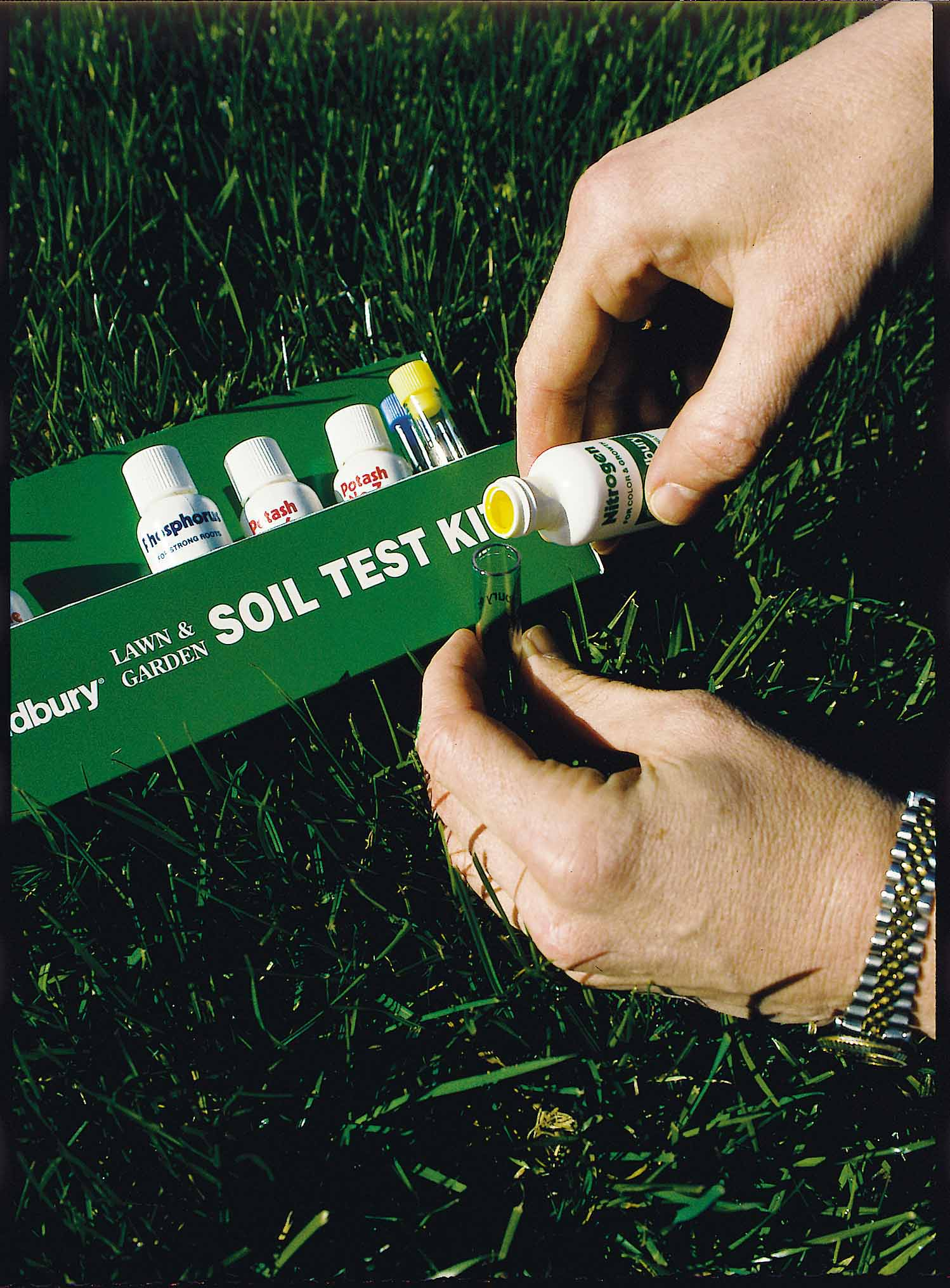Get a primer on fertilizing forages to boost herd health, vigor, and your bottom line.
Florida beef producers rely on forages to supplement feed for their herds, and it’s a vital component of the health of both the cattle and the finances of the operation. Adequate fertilizing of forages leads to less pasture grass decline, increase herd health and bolster a cattle operation’s bottom line. Fertilizing forages is then a primary component in the success of a cattle operation. Explore the ins and outs of fertilizing forages, as explained in a South Florida Beef-Forage Program article, below.
Fertilizing Forages Basics
Producers need to know pH levels and levels of macro-nutrients and micro-nutrients. The soil’s pH level is the measurement of acidity in the soil, from 0 to 14, and it is also a measurement of the soil’s ability to exchange hydrogen. The optimal pH level for most perennial forages is 5 to 7.
Nutrients measured during soil testing are either macro-nutrients: those that are in high demand from forages, namely Nitrogen (N), Phosphorus (P) and Potassium (K); secondary nutrients like sulfur (S), calcium (Ca) and Magnesium (Mg); and micro-nutrients, like iron, zinc, copper, manganese, boron, molybdenum, chloride and nickel. Secondary and micro-nutrients are in less demand, but important nonetheless in fertilizing forages. Often, a deficiency in one or more essential nutrients is at the root of poor forage issues, weeds, and more.
Soil Testing
According to the article, constant monitoring is the keystone of fertilizing forages. Soil test kits can be obtained from UF/IFAS Extension offices, and the price for testing is reasonable. It is recommended to start soil testing ahead of when you need the soil ready for forages; it takes about four months for soil pH levels to be changed by amendments.
Monitoring involves taking cores samples from random spots in the pasture, from four to six inches deep. The samples are mixed together in a bucket, and soil-only samples are sent to the lab. Samples are assessed for pH. and macro- and micro-nutrients. That information can then be used for fertilizing forages, telling you the nutrients that need to be added and the optimal pH levels to aim for. Different forages have different pH and nutrient needs.
Griffin Fertilizer is committed to helping both growers and ranchers make sound agronomic and economic decisions in order to maximize the health of their grove and pasture. As a full-service custom dry & liquid fertilizer blender and crop protection product distributor, we will continue our mission to further advance Florida agriculture. For questions or concerns about your farm or pasture, contact us and one of our team will be in touch.

